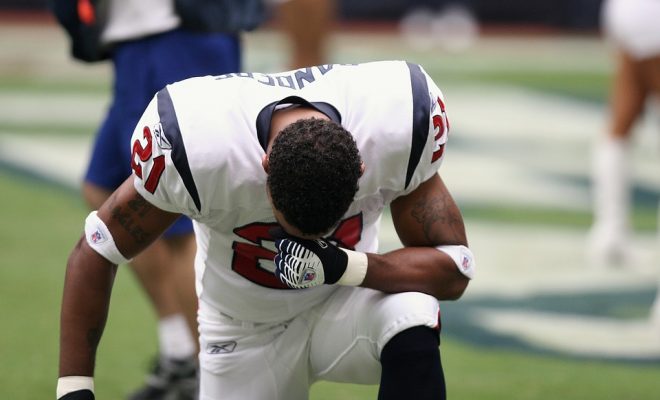OPYOW: Not a Fitness or a Weight Loss Program

**The Edvocate is pleased to publish guest posts as way to fuel important conversations surrounding P-20 education in America. The opinions contained within guest posts are those of the authors and do not necessarily reflect the official opinion of The Edvocate or Dr. Matthew Lynch.**
A column by Rick Osbourne
There’s a difference between a physical fitness program, a weight loss program, and an obesity prevention program. There may be similarities and places where they cross over and infringe on one another’s territory. But that doesn’t mean they’re the same things.
More specifically a physical fitness program typically emphasizes exercise with nutrition playing a supporting role in the goal of improving a participant’s strength, endurance, and flexibility. As such, a fitness program is made up of resistance training (for strength gains), aerobics (for endurance gains), and stretching (for flexibility gains). When practiced systematically over a period of time, a person’s physical fitness improves. Depending on the person, they also might lose or even gain weight in the process. But neither is the main purpose of a physical fitness program.
A weight loss program on the other hand, typically emphasizes nutrition, with exercise playing a supporting role in the goal of helping someone lose weight (body fat). By maintaining their strength (lifting weights once a week) in the midst of losing weight, a person can insure that body fat, not muscle mass is being lost. So in the first instance the goal is improved fitness. In the second the goal is fat loss.
In contrast, an obesity prevention program, does not aim to improve fitness, nor does it encourage anyone to lose weight. The only goal of an obesity prevention program is to STOP OBESITY IN ITS TRACKS BEFORE IT STARTS! It’s like preventing polio, small pox, diphtheria, or measles.
OPYOW is an Obesity Prevention Program
With that said, Operation Pull Your Own Weight is a functional obesity prevention strategy, NOT a fitness or a weight loss program. Its goal is to stop obesity before it starts, and to help participants avoid obesity and related problems for the rest or their lives. It involves one physical activity for less than two minutes each week. But that’s a far cry from being a fitness program. It also involves nutritional awareness, but it has nothing to do with losing weight.
The point is, in order to clearly understand OPYOW one must avoid the tendency to see it as a weight loss or a physical fitness program. It’s neither. To repeat, OPYOW is a simple obesity prevention program that focuses on a single activity which by itself does almost nothing to produce weight loss or fitness. On the other hand, it naturally rewards decent eating and exercise habits, without which the continued ability to perform this physical activity would be lost.
A Place to Succeed Immediately, and…
OPYOW also gives all participants a place to start successfully, and a way to make regular (weekly, monthly, yearly) progress towards the goal of arming oneself against obesity (and related problems) for life. Implementation is inexpensive and affordable. It’s tangible as opposed to abstract which makes it easy to understand.
And most importantly, it systematically ignites the self-activation flame in such a way that participants are self-motivated to relentlessly persist because everyone (especially kids) naturally wants to be strong at everything (it’s cool to be strong) and weak at nothing (it’s uncool to be weak). And once that flame is lit, the task is 90% complete. The rest takes care of itself.
_______
Rick Osbourne is former physical educator and a pioneer in the field of functional childhood obesity prevention. He currently serves as President of the Pull Your Own Weight Foundation which is an Illinois based, 501c3, not for profit organization whose focus is functional childhood obesity prevention. He’s written and published three books in this field, the latest of which is entitled Beating Childhood Obesity Now: A Simple Solution for Parents and Educators. He’s the Examiner’s national childhood obesity prevention correspondent. He writes an online column for The Edvocate. And you can connect with Rick via Twitter, Linkedin, or Facebook




